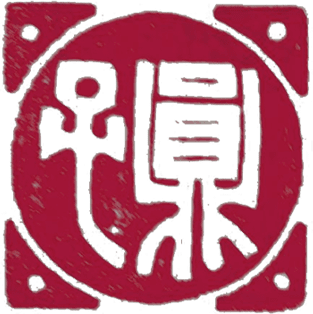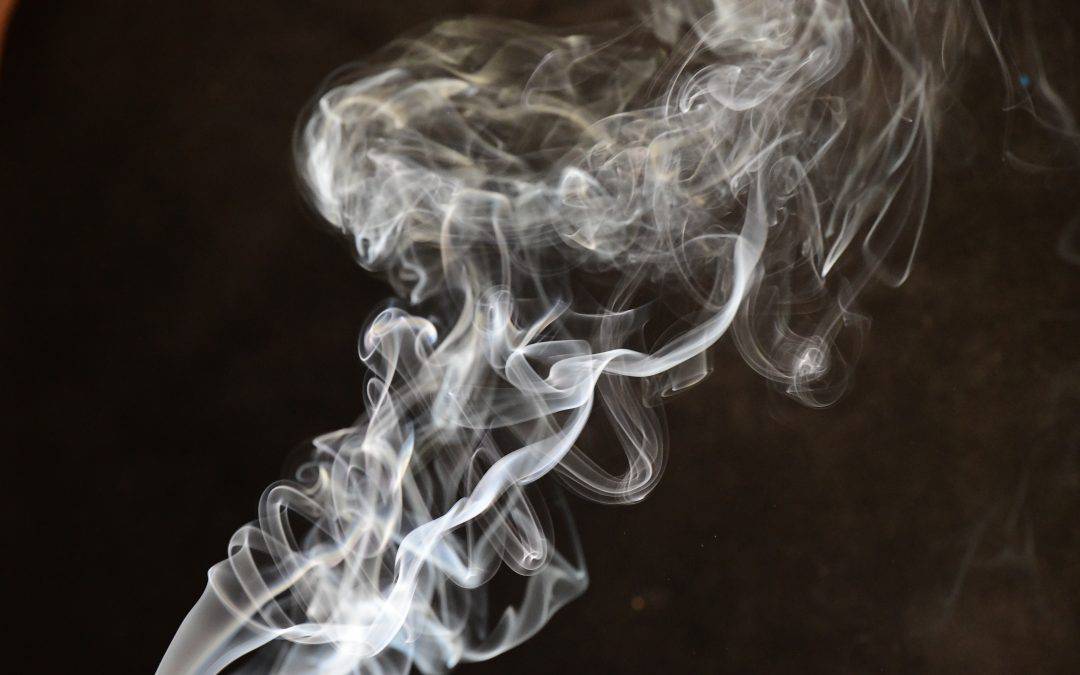
Harmony is a state of peace and balance, a state free of conflict.
Harmony nurtures growth. When harmony is present, no harm is done. I would like to focus on one thing that often disrupts harmony – anger, in particular anger in reaction to injustice.
When facing injustice, is anger necessary for the change we wish to instigate? Many people believe that without anger, there will not be enough momentum to raise the awareness of the issue and drive the change. They believe that anger is, therefore, the necessary first step for change. Some people also believe that anger is necessary for self-protection when we are under attack. It turns fear into the strength we need to fight back.
These viewpoints are understandable because, after all, anger is probably the most common response to injustice, and it seems so natural to respond this way. But is anger really as necessary and natural as first thought?
Let’s look at the causes of anger on three levels:
1) As an instinct of human nature
Like many negative emotions, anger is an instinct. In other words, we are all born with the capacity to feel anger.
2) As a pattern on the behavioral level
The way we grow up will determine whether this instinct will be transformed and transcended or be reinforced. For example, if a child is brought up in a safe and nourishing environment and learns strategies to deal with life without anger, this instinct might gradually die out. However, if a child is brought up in an environment where anger is the usual way to react, this instinct will likely to be reinforced and turn into a pattern.
3) As a result of the patterns of the consciousness
If we look deeper into the reactive pattern of anger, we will see that there are more patterns behind it. In other words, anger itself is the outcome of unhealthy patterns of the consciousness being triggered. Usually, there are many other patterns involved.
The above is probably enough to explain why it feels so natural to be angry. It feels natural when we react with natural instincts. Furthermore, when patterns are at work, interestingly, they can feel just like our natural instincts. This is because patterns put us on autopilot. The consciousness needs very little time to process information, and therefore, reactions are triggered instantly. There is no conscious action for considering the information and contemplating the options for how to respond. This is why anger seems to arise immediately as soon as the patterns are triggered. It’s like a reflex action, which can feel so “natural” to us. The experience could also be likened to riding a bicycle, which can feel very natural when we have done it many times and got used to it. We can even say patterns have become our “second nature”.
In Ren Xue, anger is seen as a negative or unhealthy emotion because it causes all kinds of harm to life.
I’m referring to the work of the law of cause and effect, rather than a moral judgment. The harm is the result of a violation of the law of life and the universe. When we live against the law, balance is disrupted, and imbalance will manifest as damage to Qi and life. So, in Ren Xue, we don’t condemn or deny anger or any other negative emotions. Neither do we glorify anger as necessary or natural, as that not only doesn’t reflect reality but could also give us an avenue to justify anger. We see it for what it is and try to understand it—where it comes from and what it does to life—and we work on it. We recognize anger or any of our unhealthy emotions and use them as pathways to our deeper self and to find the causes and work on them. So, they are important opportunities for growth.
Justice is a moral value concerning being treated in a fair and right way. It can be seen as a quality of the universe because the law of the universe is to promote balance and the ongoing development of everything in the universe. It is, therefore, an inherent quality of human nature. The heart is an important place to manifest human nature, and it does so by manifesting its natural qualities such as the five essential qualities (trust, openness, love, gratitude, and true respect). Justice is closely related to the essential qualities of trust, love, and true respect. The need to realize the social value of justice is deeply rooted in the universe and human nature, especially the heart.
Hopefully, the above can help you understand why we react to injustice with anger. Injustice touches what we hold tight as a core value, so anger can be triggered as an instinct; anger being a reactive pattern can play a part; while many other underlying patterns on the consciousness level, such as fixed expectations and polarized thinking, can also contribute significantly.
So, are there other ways to respond to injustice apart from reacting with anger? For example, can we find ways that will not only avoid the damage caused by anger, but also address the root cause of injustice and create positive changes?
Ren Xue proposes wisdom as the overall approach.
We use wisdom to 1) transform the instinct of anger, 2) transform unhealthy patterns on both the behavioral and consciousness levels, and 3) to understand the injustice and guide our action to create positive change. This approach is driven by the heart, especially the five essential qualities.
I have personally experienced a lot of anger in response to injustice in my childhood. I grew up in an environment with a lot of anger around, both suppressed and expressed. Life was full of hardships, and I often felt mistreated. I learned to react to the injustice imposed on me with anger. Over time, reactive anger became a pattern, and much of the anger was suppressed. As a child, I didn’t know how to heal the wounds, so when the anger built up to an unbearable level, I had to find a way to vent it. One way was to ‘serve justice’ by ‘disciplining’ the bullies at school in a violent way. Ironically my ‘disciplinary action’ was fairly effective. Shortly after I started, my school was cleared of all bullying and remained that way during the years I was there.
Only when I grew older did I realize that it was wrong to use violence to stop violence and that I did it to soothe the extreme pain I was feeling in myself. Evidently, this didn’t heal my wounds, nor did it change the pattern of anger. It was when I started to work on the underlying patterns, such as negativity and avoiding and hiding, that I began to heal. It was a relatively slow process until I started to work on my heart and make major breakthroughs in restoring the heart qualities. Trust was regained, and love dispelled the hatred and resentment. The progress on my heart accelerated the progress I experienced on changing unhealthy patterns. Increasingly I was able to follow the wisdom of my True Self and see reality more and more clearly. Anger was finally no longer an issue.
Having gone through this healing process, I came to realize that anger is a form of aggression that harms us and the world and does no one justice. It leads to blame and mostly invites the reaction of anger and fighting back. We can change the world without getting angry. A much better place to come from is our sense of responsibility deriving from compassion and love. To work on anger, it is necessary to heal our own wounds by working on the heart and the unhealthy patterns.
When seeing injustice, we have the opportunity to face and transform anger and change the world by using our inner resources, especially the essential qualities of the heart and the wisdom of our True Self.
Yuan Tze

If you would like go deeper into the topics mentioned here, such as patterns of the consciousness or qualities of the heart, we recommend you read the recently published second edition of Yuan Tze’s book Wellbeing Begins With You, available on our Learn REN XUE site here.


